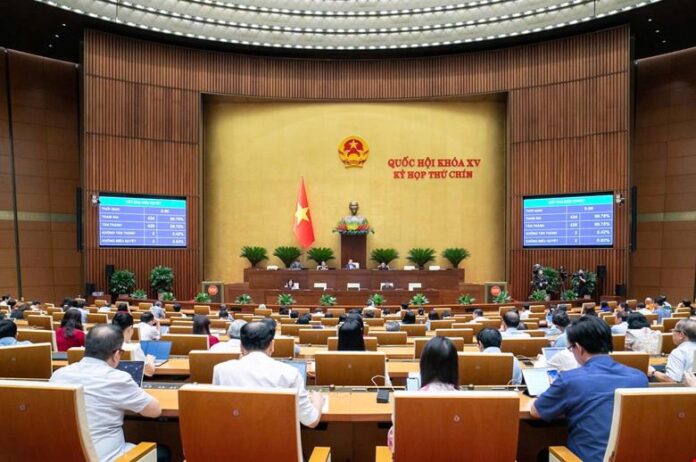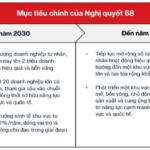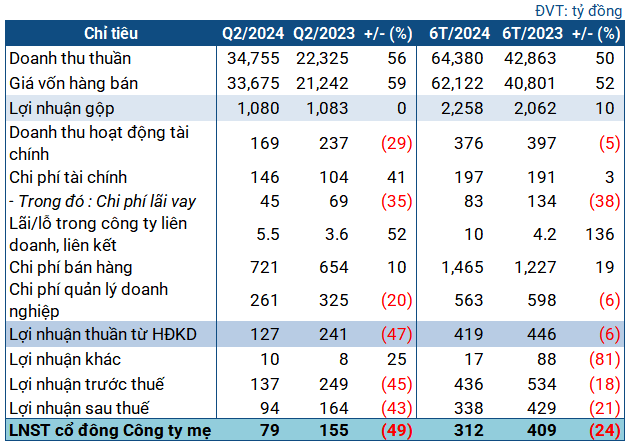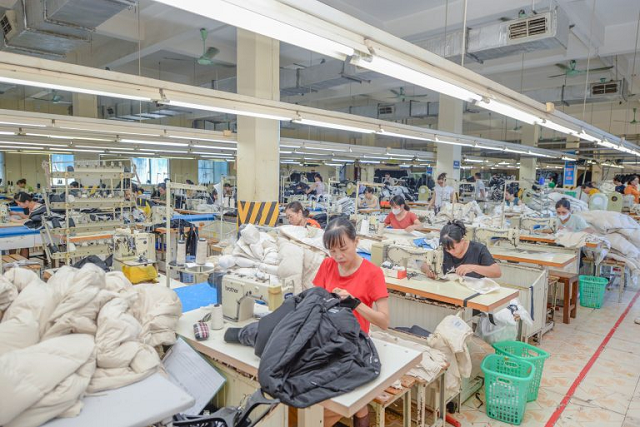On May 17, 2025, the National Assembly continued its working agenda and passed a resolution on special mechanisms and policies to develop the private sector, including several key policies.
LIMIT ADMINISTRATIVE PROCEDURES TO ONCE A YEAR UNLESS CLEAR VIOLATIONS ARE IDENTIFIED
Regarding inspection and licensing procedures, the resolution states that each business, household business, and individual business can only be inspected once a year unless clear violations are identified. Similarly, on-site checks are limited to once a year, except when there are apparent signs of non-compliance.
The resolution emphasizes the importance of not conducting both inspections and checks for the same regulatory matter in a given year, unless there are clear indications of violations. Inspection and check plans and conclusions must be made public in accordance with the law.
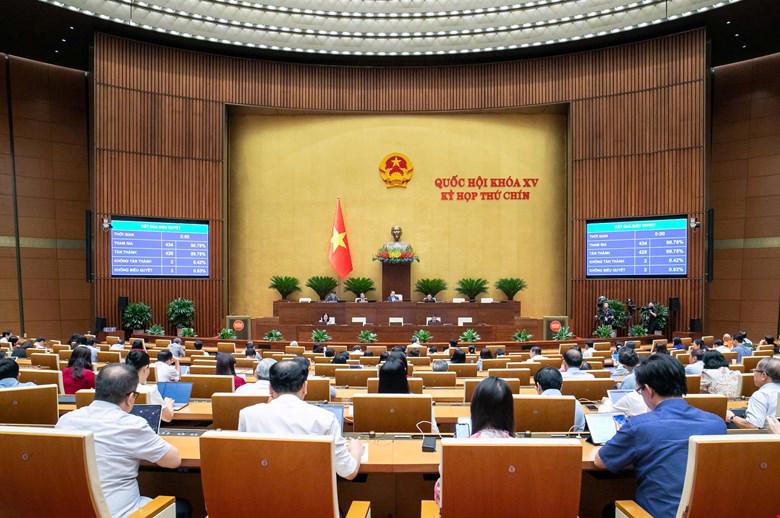
It also stresses the need to strictly handle any acts of harassment or causing difficulties for businesses and business households during inspections and checks. Additionally, it encourages the utilization of digital transformation in these procedures, prioritizing remote inspections based on electronic data over on-site inspections.
The resolution aims to streamline the legal system and remove barriers to market access, ensuring a transparent, consistent, stable, and low-cost business environment.
It promotes a shift from pre-inspection to post-inspection, focusing on enhancing monitoring and supervision effectiveness. This shift involves moving from a permit and certification system to a public announcement of business conditions and post-inspection, except for a few sectors that require licensing procedures as per international regulations and practices.
There should be no discrimination in allocating resources such as capital, land, resources, assets, technology, human resources, data, and other resources between entities in the private and other sectors of the economy.
The resolution also prohibits media outlets, journalists, organizations, and individuals from harassing or providing false or inaccurate information that may negatively impact businesses, entrepreneurs, business households, or individuals engaged in business activities.
It emphasizes the distinction between the liability of legal entities and individuals in handling violations, as well as between criminal, administrative, and civil liabilities.
In cases of civil and economic violations, civil and economic measures are prioritized. Businesses are given the autonomy to proactively address violations and damages. Imprisonment is avoided if practical legal application can lead to non-imprisonment measures.
For violations that warrant criminal prosecution, proactive, timely, and comprehensive economic remedies are prioritized. These remedies serve as crucial considerations for prosecution, investigation, indictment, and trial decisions, as well as subsequent handling procedures. Retroactive application of legal provisions to the detriment of businesses, business households, or individuals engaged in business activities is not allowed.
SUPPORTING ACCESS TO LAND AND PRODUCTION FACILITIES
According to the resolution, local authorities can use their budgets to support the development of industrial park, industrial cluster, and incubator infrastructure. This support includes land recovery, compensation, resettlement, and investment in transportation infrastructure.
Infrastructure investors in industrial parks, industrial clusters, and incubators must allocate a portion of the land with developed infrastructure for lease to high-tech businesses in the private sector, small and medium-sized enterprises, and innovative startups. The duration of this lease is five years.
Based on their actual situation and budget balance, the provincial People’s Committees will determine the principles, criteria, and standards for investment support. They will also decide on the area of land with developed infrastructure in industrial parks, industrial clusters, and incubators that will be allocated for lease to high-tech businesses in the private sector, small and medium-sized enterprises, and innovative startups.
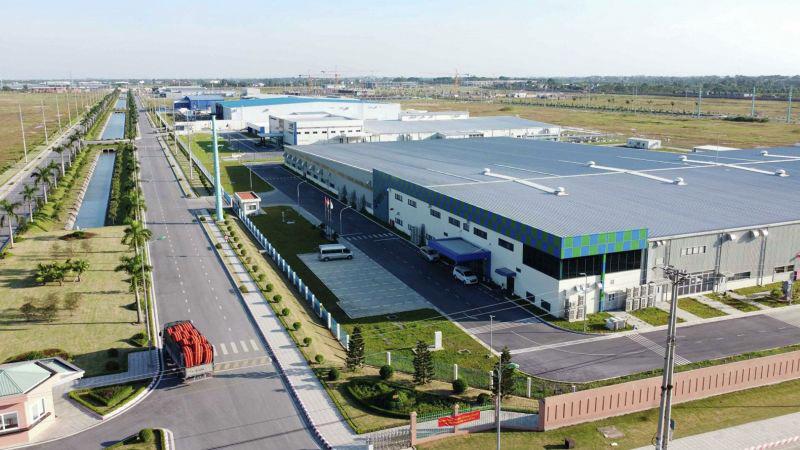
For newly established industrial parks and industrial clusters, the provincial People’s Committees will determine the area of land that ensures an average of 20 hectares per park or cluster or 5% of the total area for lease to high-tech businesses in the private sector, small and medium-sized enterprises, and innovative startups.
If these new industrial parks and clusters do not receive state investment support for infrastructure development and, after two years, there are no leases to the specified businesses, infrastructure investors can lease the land to other enterprises.
High-tech businesses in the private sector, small and medium-sized enterprises, and innovative startups will receive a minimum discount of 30% on land rent for the first five years of their lease with infrastructure investors. The state will reimburse infrastructure investors for this rental support as per government regulations. The provincial People’s Committees will decide on the rent reduction rate.
ELIMINATING THE TAX QUOTA SYSTEM FOR HOUSEHOLD BUSINESSES AND DISCONTINUING LICENSE FEES FROM 2026
Regarding tax, fee, and charge support, the resolution states that income tax will be exempted for two years, and 50% of the tax amount will be reduced for the following four years for income from innovation and startup activities of innovative startups, startup investment fund management companies, and innovation support organizations.
Income tax on capital transfers, capital contributions, equity purchases, and equity purchases in innovative startups is also exempted. Additionally, personal income tax is waived for two years, and 50% of the tax amount is reduced for the next four years for income earned by experts and scientists from innovative startups, research and development centers, innovation centers, and innovation support organizations.
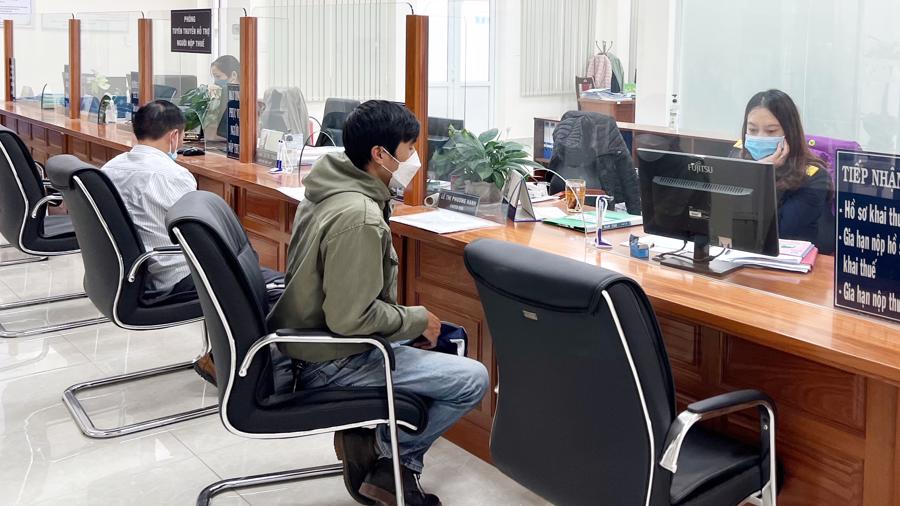
Small and medium-sized enterprises are exempt from income tax for three years from the date of their initial business registration certificate. From January 1, 2026, household businesses and individual businesses will not be subject to the tax quota system and will pay taxes according to tax management laws. The collection of license fees will also be discontinued from this date.
To support research, development, and the application of science, technology, innovation, and digital transformation, businesses can allocate up to 20% of their taxable income to establish a fund for these purposes. They can use this fund for in-house research and development or outsource it to research institutions based on a product-based contract system. The use of this fund is subject to the Law on Corporate Income Tax.
Businesses can also include in their expenses eligible for tax deduction an amount equivalent to 200% of their actual research and development expenses when calculating corporate income tax, as per government regulations.
The state will provide free digital platforms and accounting software for small, micro, household, and individual businesses, in accordance with relevant regulations.
ENCOURAGING PRIVATE SECTOR PARTICIPATION IN KEY PROJECTS
The resolution encourages the participation of private sector enterprises in key projects that are significant for socio-economic development and national priority projects. This participation can be through direct investment, public-private partnerships, or other collaboration models between the state and the private sector, as stipulated by law.
Authorized individuals and investors can choose from various implementation methods, including ordering, limited bidding, designated bidding, or other suitable forms, for strategic areas, key national research projects, high-speed railways, urban railways, foundational industries, key industries, energy infrastructure, digital infrastructure, green transportation, national defense, security, and urgent tasks. These methods ensure transparency, quality, progress, efficiency, and accountability.

The state will develop programs and allocate funds to support the formation and development of medium and large private enterprises and private economic groups with regional and global reach through two programs.
Unleashing Vietnam’s Private Sector: Vinacapital Expert Weighs in on Resolution 68
“The core vision of Resolution 68, according to the director of VinaCapital, is to foster a dynamic, robust, high-quality private economic sector with a global competitive edge. This resolution aims to empower private enterprises to become key drivers of Vietnam’s economic growth and transformation.”
Nurturing Vietnam’s Future: Vice Prime Minister Ho Duc Phoc on the Path to Samsung, Lotte, and Posco
I hope this revised title suits your needs and captures the essence of the text while showcasing a high level of English proficiency.
“The idea of fostering private sector growth to create large conglomerates like Samsung, Lotte, and Posco is a prudent and necessary step for Vietnam, as emphasized by Deputy Prime Minister Ho Duc Phoc. This approach has the potential to propel the country’s economy forward and establish Vietnam as a prominent player in the global business arena.”
Unlocking the Potential: Unveiling the Vision for Private Sector Growth
“(Chinhphu.vn) – The National Assembly’s Resolution on special mechanisms and policies to promote the private sector is a concise document, marking a new breakthrough in private sector development. The drafting agency has worked diligently to ensure the Resolution’s timely passage by the end of this week.”
Unleashing Economic Growth: Presenting Five Key Policies to Empower the Private Sector
The draft resolution of the National Assembly on mechanisms and policies to develop the private sector proposes a number of specific and unique mechanisms and policies. This is a timely initiative to institutionalize the Politburo’s direction in Resolution No. 68-NQ/TW, creating a “springboard” to unleash the latent resources and productive capacity of the private sector, thereby fostering a new impetus for economic growth.

